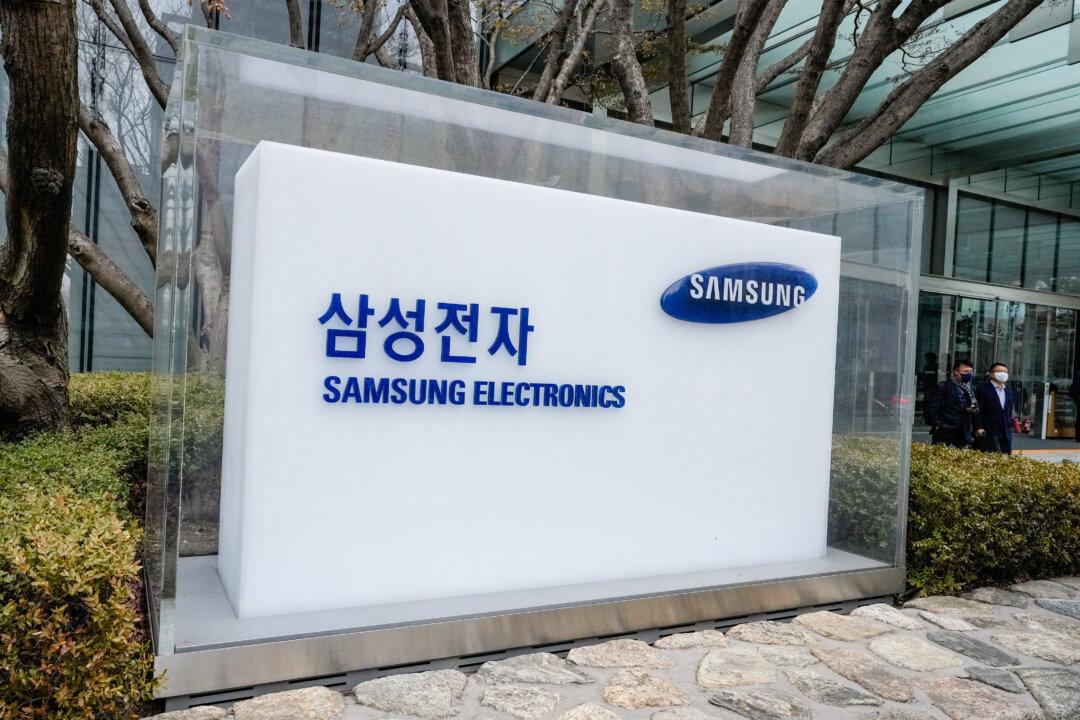Two former Samsung employees in high-level tech positions have been arrested and charged with violating the Industrial Technology Act in South Korea. They are accused of leaking advanced chip technology to develop in China.
The Seoul Metropolitan Police Agency’s Industrial Technology Security Investigation Unit made the arrest on Sept. 6, according to local media.





